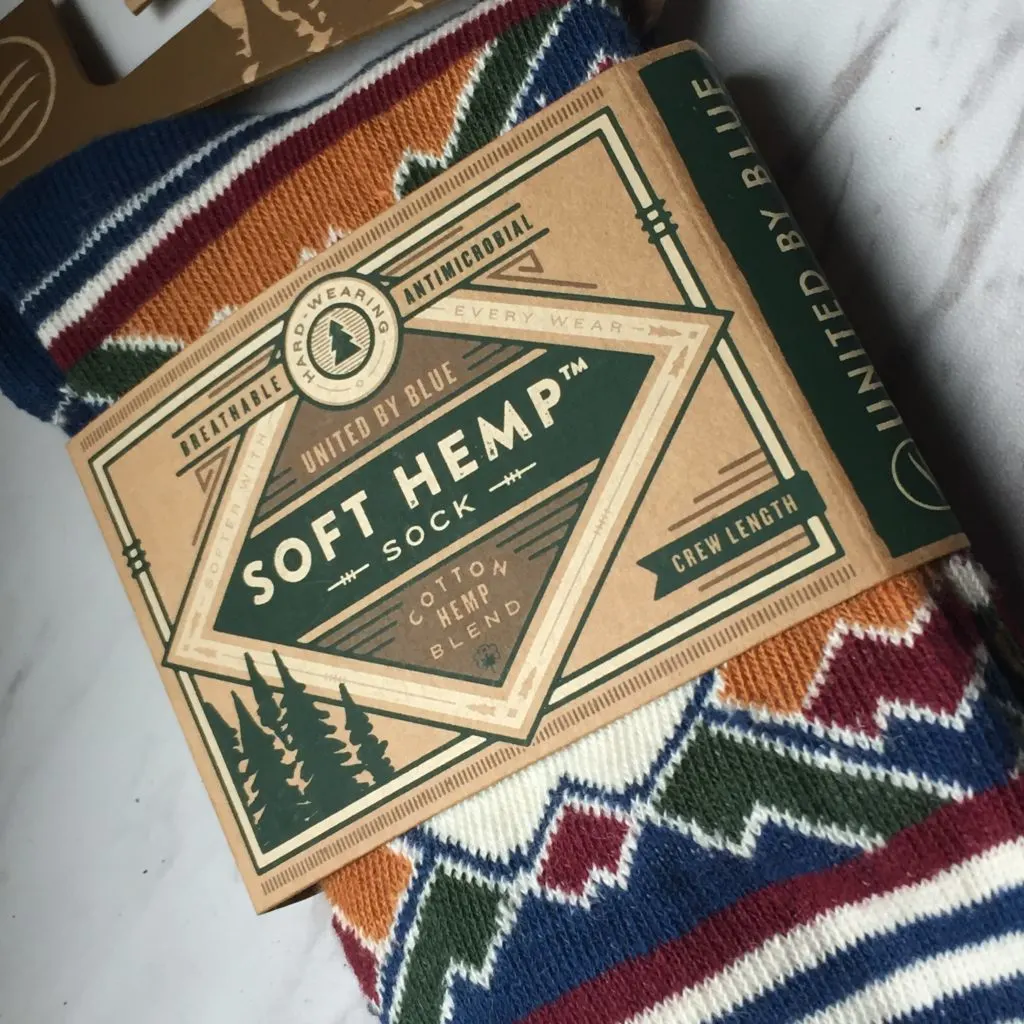The Best Deals on Camping, Backpacking and Outdoor Gear [May 2025]

More and more clothing manufacturers are releasing products made from hemp. And that’s a win. But why? What’s the deal with hemp? Why is it a better material than, say, cotton, and can it replace synthetics for outdoor clothing? Take a closer look at super sustainable hemp and its place in the great outdoors.
Sustainable Hemp Facts
- Let’s get this out of the way right off the bat: Hemp is not the same thing as marijuana. The hemp plant contains trace amounts of THC (the compound in weed that gets you high) if any at all. CBD is present in the plant, but industrial hemp is no more a drug than cotton. So if you have been opposing hemp because you were under the impression it was a controlled substance, you’d be wrong.
- Hemp doesn’t require pesticides to grow. Conventional cotton, on the other hand, uses 25% of the world’s pesticides. 25%!!! Those pesticides then contaminate soil and waterways, harming wildlife and local environments and putting human health at risk.
- Hemp is a fast-growing plant, meaning more fiber is available to be used for clothing manufacturing in a shorter period of time (about 4 months) than cotton.
- Hemp doesn’t need much water. About half as much as cotton requires, as a matter of fact. That makes it not only less resource-intensive and sustainable, but less expensive to grow, too.
- Hemp is strong but soft. In fact, the more you wash it, the softer it gets. And the fibers are 3x stronger than cotton, so it lasts longer, too (and can withstand a bit of abuse).
- Industrial hemp absorbs more carbon dioxide (a harmful greenhouse gas) than trees! It also produces more material. Just one acre of hemp can produce as much paper as 4 acres of trees.
- Hemp deters bacteria and mold growth. That means less stinky clothing when you’re traveling and haven’t seen the inside of a laundromat in a while. Try to get away with that with your favorite cotton shirt!
- Hemp has thermoregulation abilities. Like bamboo clothing, it can both help keep you cool in the summer (breathability) and warm in the winter (insulation).
- Farmers love hemp as much as soybeans because as they rotate their crops, instead of leaving one plot of land empty every few years so the nutrients in the soil can replenish themselves, hemp actually detoxifies and enriches the soil, which means more crops for farmers every year.
- Hemp is compostable. So when hemp clothing has reached the end of its life, just cut it up and add it to the compost pile!
- Every part of the plant can be used, so there’s no waste. The stalk, seeds, leaves, everything can be made into something, whether that something is oil, hemp seed snacks, or clothing.

Hemp for Backpacking & Hiking
All the myriad benefits aside, hemp still may not be the ideal fabric for all of your backpacking needs. For example, it’s not an ideal fiber for cold and wet conditions. Like cotton, it absorbs moisture and doesn’t dry quickly, which means it could help keep you cool in hot temps, but it won’t insulate well when wet. Better than cotton, maybe, but not as well as synthetics. So maybe skip it if you’re going winter backpacking or camping.
And while hemp is occasionally touted as being UV resistant, tests suggest it’s not much more effective than other natural fibers at blocking UV rays, so I’d still keep a tube of sunscreen in your bag.
That said, hemp is an excellent choice for day hikes or warm climates, especially when traveling. It’s super eco-friendly, incredibly sustainable, really soft and totally comfortable.
Brands that Make Hemp Clothing We Love
- Astral: This brand built a reputation for making minimalist shoes (including a hemp option), but now also offers a hemp-blend hoodie and shorts.
Do you have hemp clothing? Do you wear it during outdoor excursions? Tell us about it! Wander on.
*This post contains affiliate links. That means when you stock up on earth-friendly hemp products we might be able to score ourselves a sustainable pair of socks!
•
No. The hemp plant, while similar in appearance to, and in the same family (cannabis) as the marijuana plant, does not contain the high levels of THC of the marijuana plant. It does contain CBD, but hemp will not induce a “high.”
Yes. It uses less water and land than cotton, is more durable, and produces higher yields, all without pesticides and while maintaining healthy soil.
Yes. It’s legal for farmers in the U.S. to grow hemp as long as THC levels in the plants remain under a certain threshold. The plants can then be used for hemp oil, seeds, clothing, gear and more.
Hemp is vastly more sustainable and farmer-friendly than cotton, plus hemp clothing and gear is more durable, longer-lasting, and bacteria-resistant. It is occasionally, however, more expensive.
